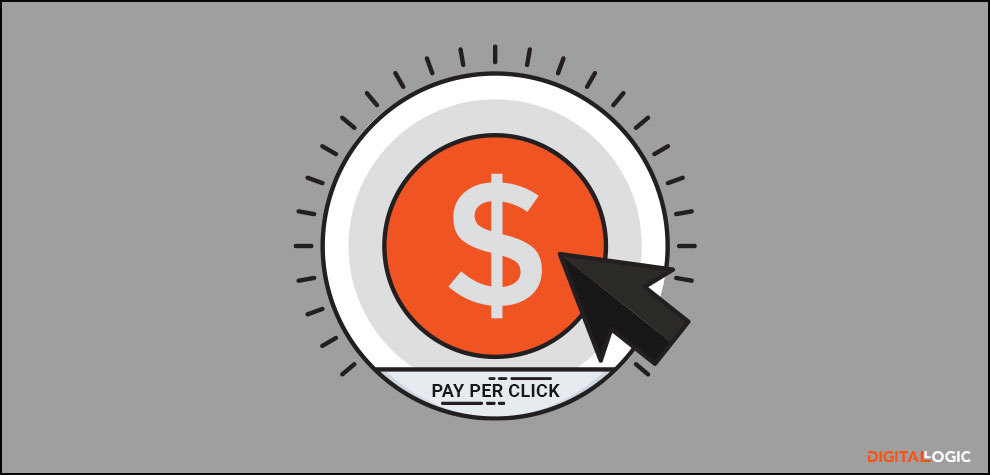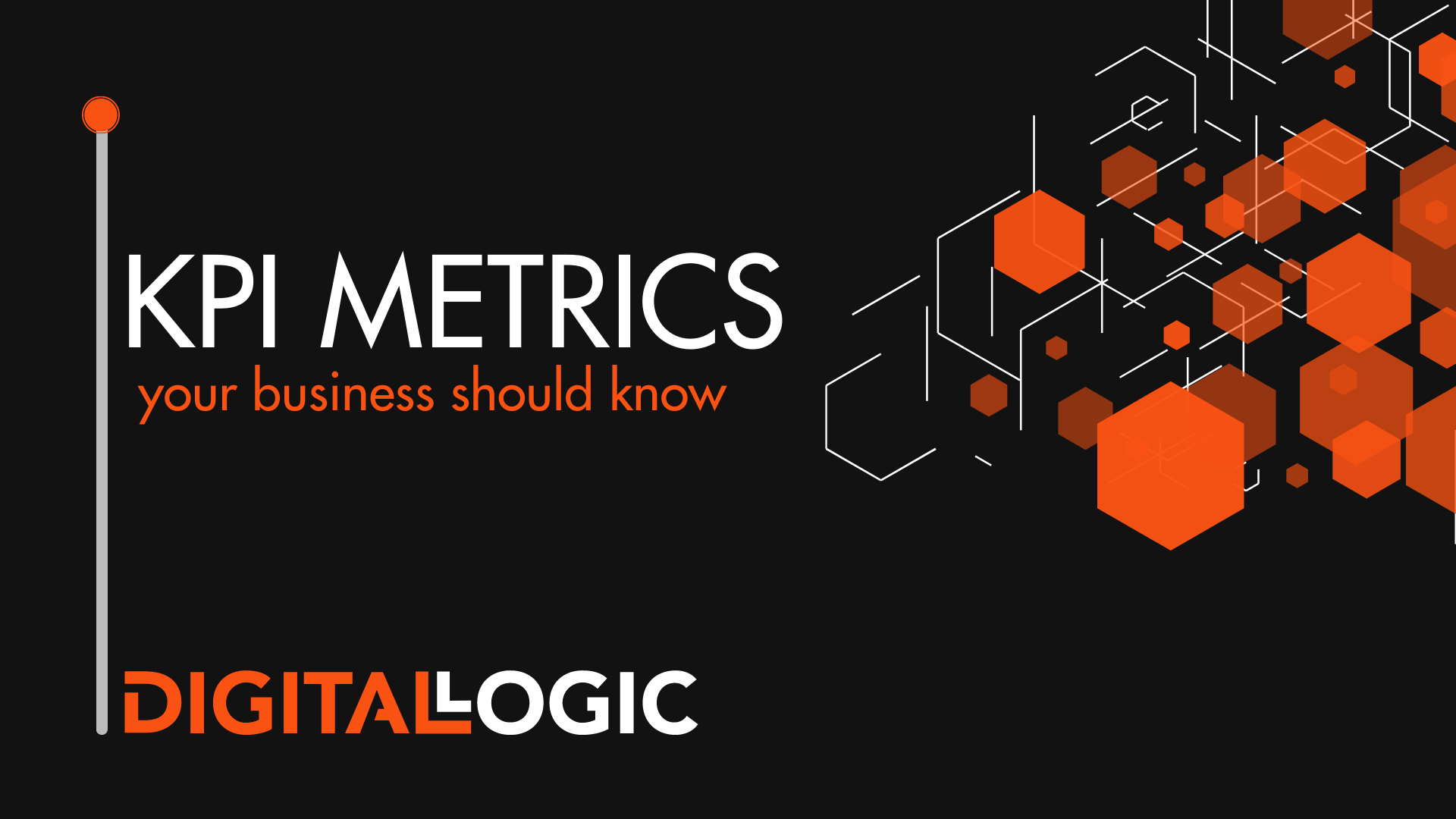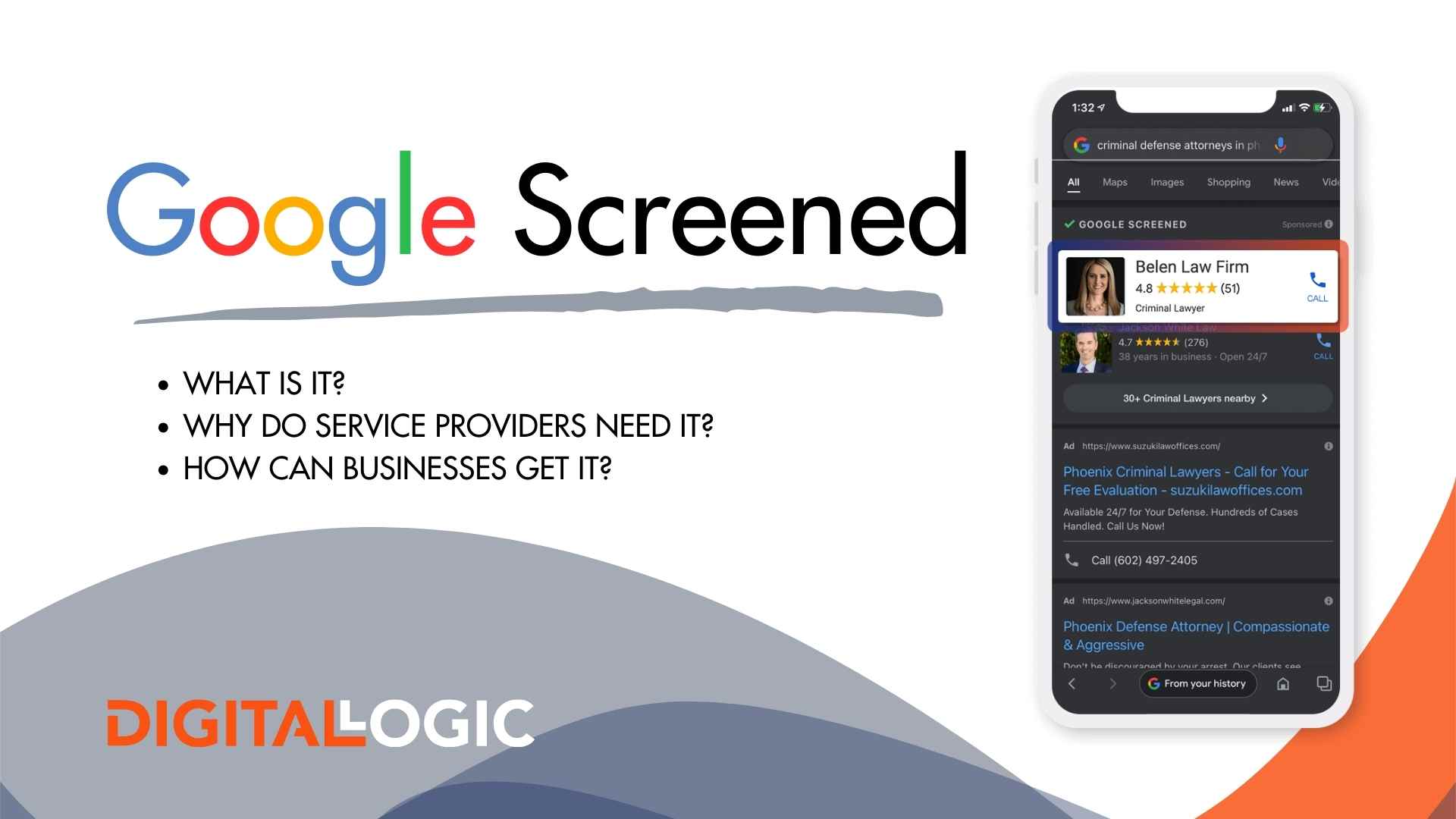In our increasingly online world, data is everything. It’s how you determine and meet industry benchmarks as well as beat competitors. Two main types of data that you may have heard of are KPIs and metrics. While these terms are very similar, there is a key difference: one is all about meeting business goals, while the other is about tracking normal business operations.
Below, we break down the basics of KPI, metrics, how they relate and differ, and how tracking both can lead to overall business success.
What is a Key Performance Indicator (KPI)?
Table of Contents
Toggle
First, let’s define KPIs. KPI stands for key performance indicator. KPIs track business health or performance through quantifiable measurements. Key performance indicators are mostly for measuring business performance, but they can also show you how you compare to competitors in your industry. That way, you can see exactly where you’re lacking and formulate a solid plan to reach a specific business goal.
Key Performance Indicators to Track
There are two main types of KPIs that you may want to track: leading and lagging. Leading KPIs can help businesses predict specific outcomes before actually implementing a change in routine business operations.
Meanwhile, lagging KPIs track what has already happened during routine business operations. Tracking both leading and lagging indicators can help you meet your business goals.
Key performance indicators can measure just about anything, but common examples of KPIs include the following:
- Gross profit margin
- Lead to opportunity ratio
- Net profit margin
- Website traffic
- Customer acquisition
- Customer engagement
- Sales growth
- Customer lifetime value
- And more
The type of key performance indicators that you (and your business) track should represent key business goals. So if your goal is to get more unique website visitors, then you should start monitoring your website traffic numbers and see how they change when you try out new SEO strategies or digital strategies.
What Are Business Metrics?

Meanwhile, metrics are quantitative measurements of specific business processes.
Common metrics examples include:
- Sales qualified leads
- Google analytics
- New subscribers and/or followers
- Website visitors
- Revenue growth
- And more
Not every metric needs to be tracked within a business. You only need to focus on tracking the metrics that give you insight on the success of a specific business objective. So before you start tracking business metrics, be sure to set a few solid goals, whether that be getting more paying customers, increasing customer satisfaction, increasing engagement on social media, etc.
KPI vs. Metrics
Metrics and KPIs are both quantitative measurements, but they have key differences. A key performance indicator is basically a specific business goal over a set period of time. These goals may be made up of multiple metrics.
On the other hand, metrics are basically data points that measure specific business processes or operations. Metrics can measure success with absolutely no timeline in mind.
The best way to look at it is this: All KPIs are metrics, but not all metrics are KPIs.

The Relationship Between KPIs and Metrics
Metrics and KPIs work together to create the best possible business outcomes. For example:
- KPIs are measurable benchmarks in the industry within a set time frame. Metrics are a set of unrelated, accurate data that you can use to create a KPI.
- KPIs measure progress over the course of a set period of time. Meanwhile, you can track various metrics without any kind of set time frame.
- KPIs are a very focused set of data points that can help you determine if you’re meeting key business goals. Metrics are often unrelated and unfocused data points that lack a strategic objective.
- KPIs are all about results, while metrics are all about business operations and problems.
The Best Way to Identify and Monitor KPIs and Metrics
Now that we all understand the main differences between KPIs vs. metrics, it’s time to learn how to start identifying and monitoring KPIs in order to meet your specific business objectives.

Set a Business Goal
First thing first: you need to set one or more business objectives.
Do you want to increase customer satisfaction? Do you want to increase sales? Do you want to make sure more people see your website or social media page?
This will help you narrow down the important metrics to form a good KPI and track progress.
Choose the Right Metrics for Your KPIs
Next, you need to sort through all your different metrics and figure out which ones will help you track your strategic KPIs within a set time frame. So if your goal is to achieve more visibility on social media, the most important metrics to track will probably be views, engagement, followers, subscribers, etc.
Are Your KPIs Measurable?
The next step is making sure that all your KPIs are measurable. All performance metrics can be measured or obtained somehow, but you need to make sure that you have the technology or resources to do so.
For example, Ahrefs is a tool that many digital marketing businesses use to track performance metrics and Google analytics after implementing specific SEO strategies. It is a tool that you have to pay for, though. If tracking progress and overall business performance requires you to invest in tools like Ahrefs, make sure you do so.
Are Your KPIs and Metrics Accurate?
Tracking KPIs and metrics can be incredibly confusing and overwhelming. Without even trying to, you (or your tool/resource) could collect inaccurate data. Naturally, accurate data results in accurate performance measurement.
Be sure that the right tool or the right team of people are monitoring KPIs and metrics. For example, if you’re a lawyer, you could sit down and look at data collected about website traffic and organic keywords all day, but you may not know what any of it means. Therefore, you may not know what to do with it to achieve your desired business outcome. In a situation like this, it would be really easy to collect inaccurate data. That’s why it’s best to allow a professional SEO marketing company to handle your KPIs and metrics.
Are Your KPIs and Metrics Actionable?
Lastly, you want to focus on key performance indicators and metrics that are actionable. In other words, if you don’t have any control over a specific area of business operations, no amount of goals or tracking anything will make it better.
For example, a sales team can’t sell a specific product to actual customers if the manufacturers don’t have all the right materials and, therefore, can’t make the product. So until that problem is resolved, there is no point in setting a goal for your sales teams and tracking those business metrics.
Benefits of Tracking KPIs and Metrics
Tracking KPIs and metrics is crucial for business success, especially in our increasingly digital world.
Here is why:
- Monitoring KPIs and metrics can help with maintaining or improving overall company health. Company health could mean keeping your employee turnover rate low, boosting employee happiness, boosting revenue growth, and ensuring that your customers are happy with your product or service.
- Monitoring KPIs and metrics will help you meet your goals and beat your competitors.
- Metrics and KPIs can give you insight into weaknesses within your business so that you can make improvements.
- Lastly, monitoring specific data can let you know if your latest strategy is making your business performance go in the wrong direction. If not, you can adjust your strategic objectives and figure out if that works better.

How Digital Logic Can Help You and Your Business
Social media and Google Analytics are crucial for business success in this day and age.
If you’re struggling to “get found” via Google or social media, our SEO marketing team can help. We specialize in affordable SEO services, web design, web development, content marketing services, social media management, and so much more.
For more information, check out our free SEO audit service here.





